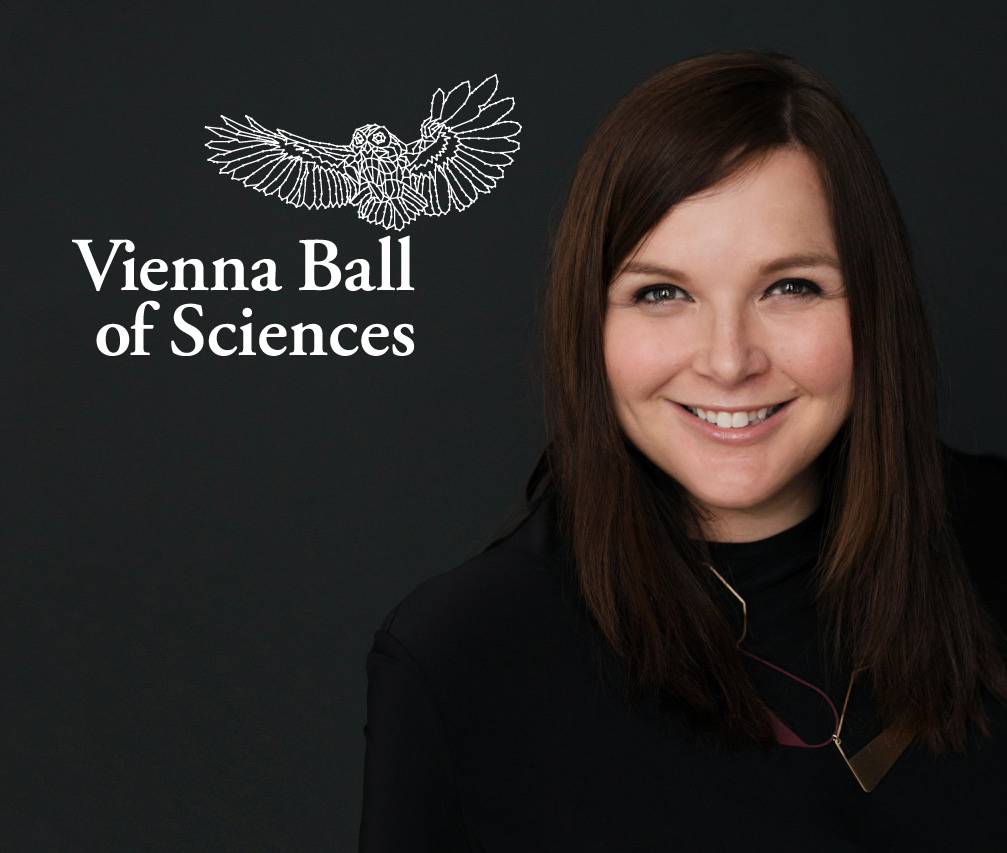Science is rigorous and precise; it observes, describes and explains. Emotions may seem out of place. Perhaps this is why scientists are portrayed in countless films, series and novels as emotionless logicians to whom feelings seem alien and unbearable. But people feel, and therefore people who do science also feel emotions. These emotions are often quite intense when it comes to their work, as this is the only way to work over long periods of time on complex questions about the origins and existence of our world or to carry out research for a just society even under difficult circumstances. When communicating science, this emotionality should be much more at the centre. Not only to make science appear more likeable or “human”, but also to emphasise the importance of the topics being researched. For me, emotionality in science is not about creating fear or uncertainty, but about embracing enthusiasm, hope and empathy.
Sophie Lecheler is Professor of Communication Science with a focus on Political Communication at the University of Vienna. Sophie holds a PhD from the University of Amsterdam, and master’s degrees from the University of Munich (Germany) and the University of Cambridge (UK). Her project Transparent Automated Content Moderation (TACo) investigates a user-centric approach towards automated content moderation which has a particular relevance in social media. This project is supported by the Vienna Science and Technology Fund (WWTF).
Photo: Leedina Portraits
